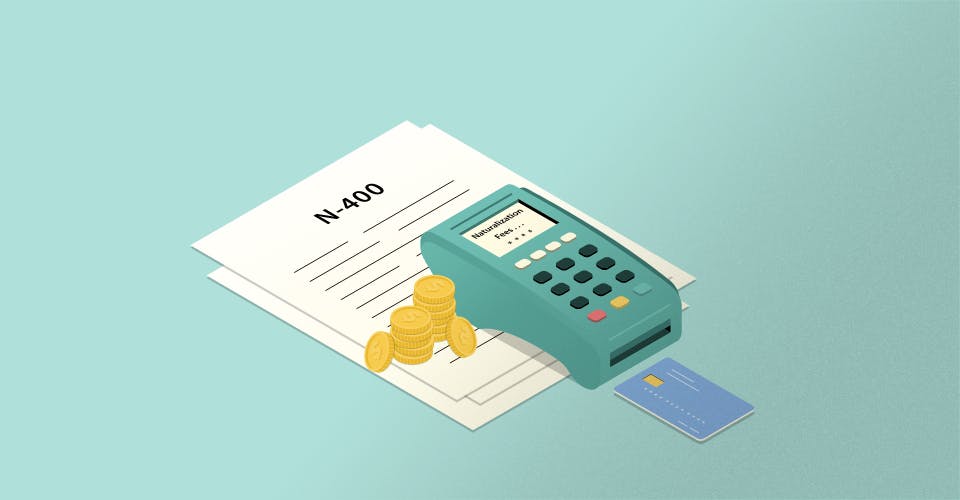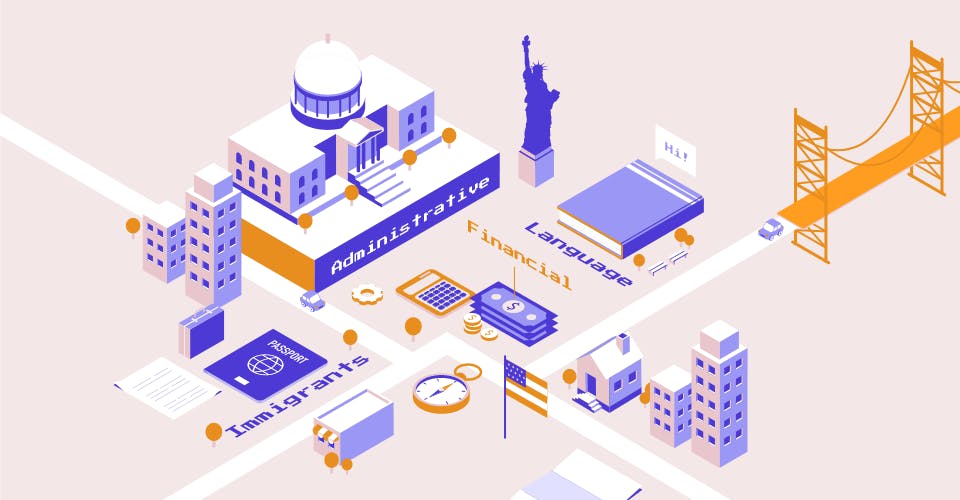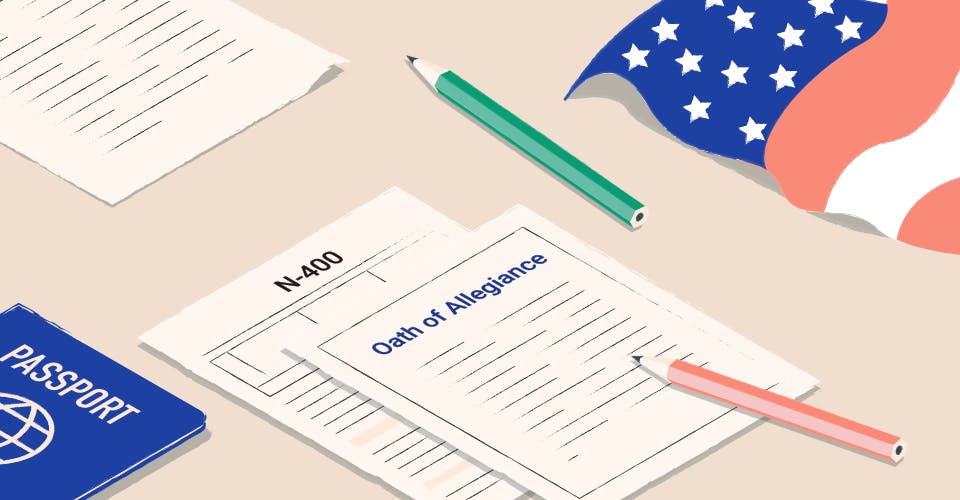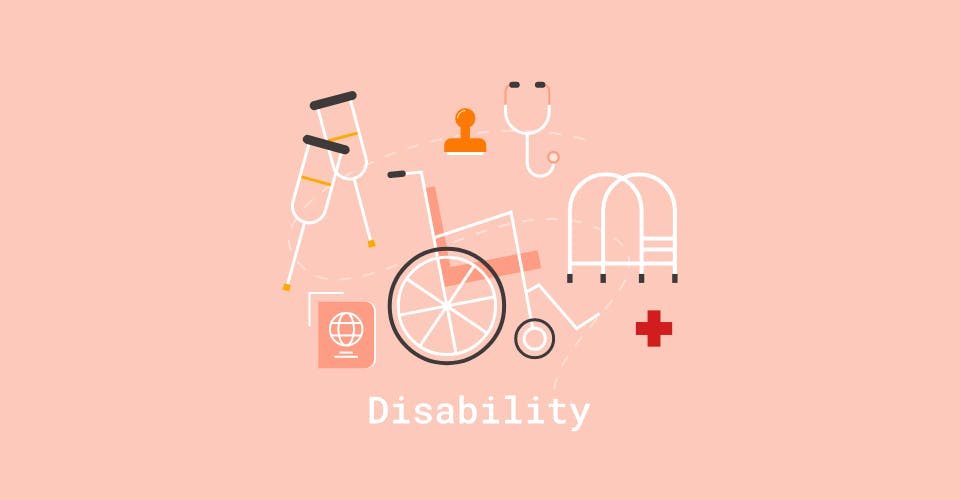Becoming a naturalized U.S. citizen is a lengthy process. For one, in order for immigrants to become eligible for naturalization, they must have already lived in the United States as a legal permanent resident for at least three years (or five years if they are a single adult). At this point, unless there is some other inadmissibility issue, legal permanent residents can then file an N-400, the next step in becoming a U.S. citizen.
However, as we have noted previously, naturalization is a costly process. Filing for a green card is expensive, but so is the N-400 Application for Citizenship. Most applicants will have to pay $725 (application fee plus an $85 Biometrics fee) in order to proceed with the USCIS.
In a new report that was published in April by One Percent for America (OPA), a non-profit organization that is focused on providing financial assistance to immigrants, researchers found that an overwhelming majority of N-400 applicants often struggle to pay the upfront costs associated with U.S. citizenship. Let’s take a closer look at their findings.
A PDF version of OPAs April, 2022 report can be found here: https://www.onepercentforamerica.org/sites/default/files/2022-04/OPA_Data-Report-Spring-2022_Financial-gaps-opportunities.pdf
First off, the OPA report is fairly comprehensive as it based on a nation-wide survey with approximately 1,200 survey respondents (from 49 different U.S. states) that represent diverse socioeconomic backgrounds, i.e. individuals who fit into wide ranging income brackets. The survey also included individuals who were either currently non-citizens (and interested in becoming U.S. citizens), or those who successfully became naturalized U.S. citizens between 2016-2021. This was a self-administered survey done online through Qualtrics, and questions were offered in both English and Spanish.
Here are some of the main findings of this survey, as reported from OPA: Almost 90 percent of non-citizens who participated in the survey were “extremely/very interested in becoming a U.S. citizen”. In addition, 87 percent of recently naturalized citizens from the survey borrowed funds to pay for their citizenship fees (this primarily means that fees were paid for with a credit card or through a high interest loan).[1]
One interesting finding from the data collected was the following: when asked how they would borrow funds in order to pay for upfront USCIS fees, more non-citizens eligible for naturalization were inclined to use a credit card then apply for a fee waiver, at 24 percent and 21 percent, respectively. On the same question, 16 percent of respondents said they would borrow money from a friend/family in order to pay USCIS fees.[2]
The survey also asked other relevant questions to the naturalization process, which mainly dealt with what some of the overall biggest challenges were in terms of going through the naturalization process. Number one on the list was the reality that the application takes too long. This was followed by a close second issue of meeting eligibility requirements, and the third most common challenge was citizenship application fees.[3]
Overall, this survey and report gives us a good understanding in 2022 for what the obstacles are when pursuing U.S. citizenship, or from respondents who have already gone through the process. OPA notes that currently there are 9 million immigrants eligible for citizenship in the U.S.














